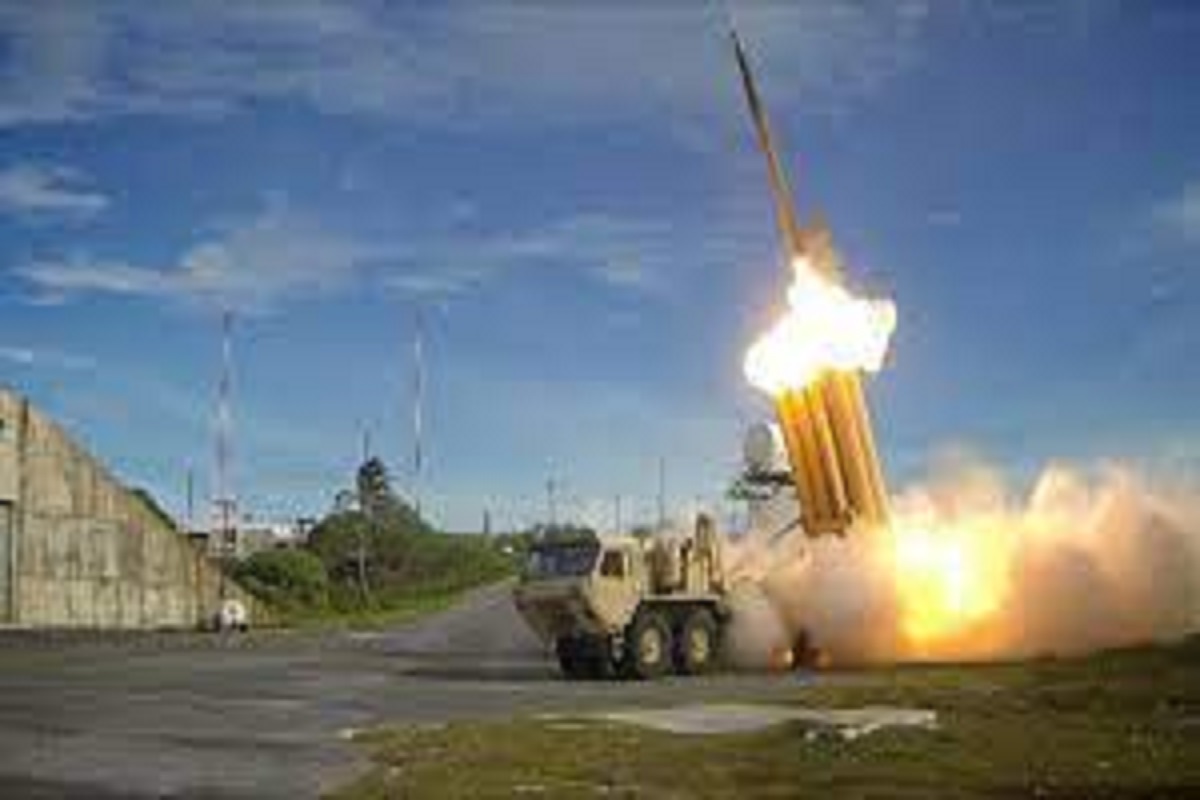The imposition of US sanctions on Chinese companies for supplying Pakistan’s ballistic missile programme marks another chapter in the complex geopolitical dynamics of South Asia. The decision to target specific Chinese entities underscores Washington’s growing concerns about the proliferation of missile technologies, particularly in regions fraught with security risks. At the same time, it highlights the increasingly strained relationship between the US and China over military technology transfers, further complicating the already fragile balance of power in the region. One of the key issues at hand is the continuing development of Pakistan’s missile capabilities.
The sanctions specifically target entities connected to the development of the Shaheen-3 and Ababeel missile systems, which are capable of delivering nuclear payloads over long distances. Pakistan has long sought to modernise its missile arsenal as part of its broader defence strategy, aimed primarily at countering India’s growing military prowess. The Shaheen-3, with its extended range, could potentially reach deep into Indian territory, while the Ababeel system is notable for its ability to carry multiple warheads, enhancing its strategic deterrent.
Advertisement
The involvement of Chinese companies in Pakistan’s missile development, while not surprising, raises critical concerns. China has been a longstanding strategic partner of Pak istan, particularly in defence and technology transfers. This partnership, often seen as a counter-balance to India’s alliances with the West, is part of Beijing’s broader efforts to expand its influence in South Asia. The latest sanctions, however, demonstrate the US’s increasing willingness to disrupt these partnerships, especially when they involve sensitive military technologies that could alter regional security dynamics. From a US perspective, the decision to impose sanctions reflects a broader policy objective of preventing the spread of missile technologies, particularly in regions like South Asia where nuclear rivalries exist.
The US has consistently sought to curb missile proliferation through international frameworks, and these sanctions are a clear signal of its intent to act unilaterally when necessary. This action aligns with Washington’s historical stance of addressing any potential threats that could undermine regional stability, particularly when it comes to weapons of mass destruction. China’s response to these sanctions, which emphasises its opposition to unilateral measures and long-arm jurisdiction, is also predictable. Beijing has frequently voiced its disapproval of US actions that it perceives as overreaching or not in line with international law.
However, China’s role in facilitating Pakistan’s missile programme cannot be ignored, as it reflects a broader strategic alignment that transcends mere economic cooperation. As China continues to assert its global influence, especially in regions of strategic interest like South Asia, it will likely face increasing scrutiny and pushback from the US and its allies. The sanctions underscore the delicate balance of power between nuclear-armed neighbours and the broader implications of military technology transfers in an increasingly multipolar world. As the US, China, and Pakistan navigate these developments, the consequences for regional and global security will be closely watched.









